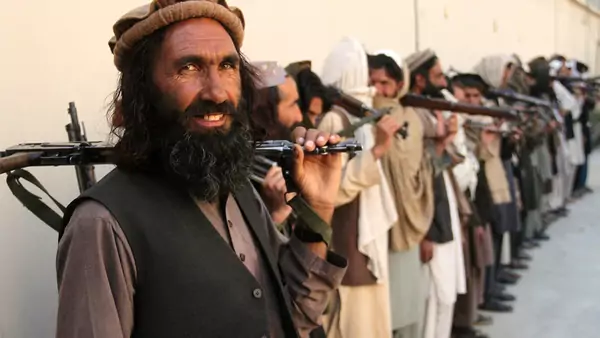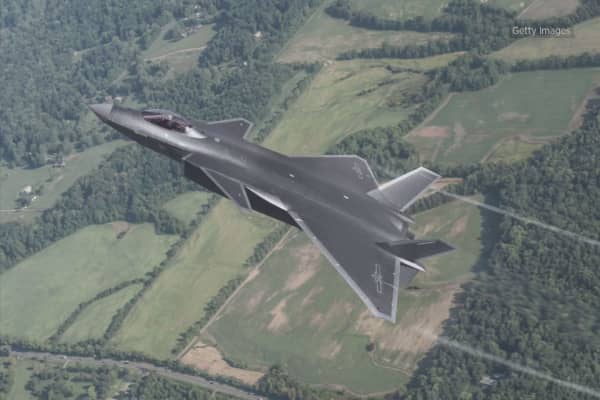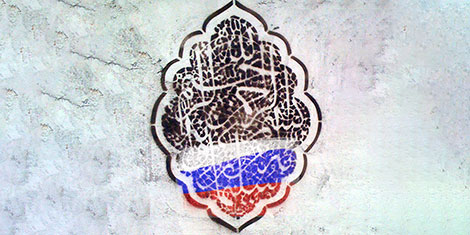Source Link
 A peace process with the Taliban is almost certainly the best way to end the war in Afghanistan, and arguments for postponing efforts to get one underway overlook the costs of prolonging the conflict. October marked the sixteen-year anniversary of U.S. military operations in Afghanistan. President Donald J. Trump’s announcement of a new South Asia strategy in August 2017 affirmed an open-ended U.S. military commitment in Afghanistan, raising questions about ending the United States’ longest war. Meanwhile, the Taliban has increased its territorial and population control in the past year; the Special Inspector General for Afghanistan Reconstruction reported [PDF] in October that the Taliban influences or controls more than 13 percent of Afghanistan’s 407 districts and contests another 30 percent.
A peace process with the Taliban is almost certainly the best way to end the war in Afghanistan, and arguments for postponing efforts to get one underway overlook the costs of prolonging the conflict. October marked the sixteen-year anniversary of U.S. military operations in Afghanistan. President Donald J. Trump’s announcement of a new South Asia strategy in August 2017 affirmed an open-ended U.S. military commitment in Afghanistan, raising questions about ending the United States’ longest war. Meanwhile, the Taliban has increased its territorial and population control in the past year; the Special Inspector General for Afghanistan Reconstruction reported [PDF] in October that the Taliban influences or controls more than 13 percent of Afghanistan’s 407 districts and contests another 30 percent.
 A peace process with the Taliban is almost certainly the best way to end the war in Afghanistan, and arguments for postponing efforts to get one underway overlook the costs of prolonging the conflict. October marked the sixteen-year anniversary of U.S. military operations in Afghanistan. President Donald J. Trump’s announcement of a new South Asia strategy in August 2017 affirmed an open-ended U.S. military commitment in Afghanistan, raising questions about ending the United States’ longest war. Meanwhile, the Taliban has increased its territorial and population control in the past year; the Special Inspector General for Afghanistan Reconstruction reported [PDF] in October that the Taliban influences or controls more than 13 percent of Afghanistan’s 407 districts and contests another 30 percent.
A peace process with the Taliban is almost certainly the best way to end the war in Afghanistan, and arguments for postponing efforts to get one underway overlook the costs of prolonging the conflict. October marked the sixteen-year anniversary of U.S. military operations in Afghanistan. President Donald J. Trump’s announcement of a new South Asia strategy in August 2017 affirmed an open-ended U.S. military commitment in Afghanistan, raising questions about ending the United States’ longest war. Meanwhile, the Taliban has increased its territorial and population control in the past year; the Special Inspector General for Afghanistan Reconstruction reported [PDF] in October that the Taliban influences or controls more than 13 percent of Afghanistan’s 407 districts and contests another 30 percent.








